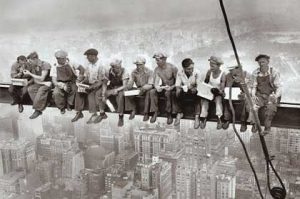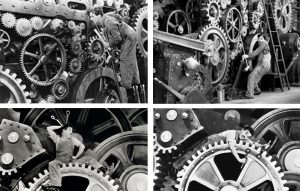Safety
Safety, a fundamental aspect that concerns all types of work where risks are present, has never been examined more than in recent years. Even the European Union since the 90s has issued specific directives, to be implemented in each member state.
Safety is considered as a component of work, as an essential element of the company’s quality of the production processes.
Excluding the various sector-specific references and the usual bureaucratic aspects specific to the individual state members, safety laws are nothing more than a set of standards of good practice, i.e., information on all aspects that contribute to the greatest limitation of accident risk.
The information and the resulting training of these rules varies from country to country.
Safety is still a very important factor in any environment where there is risk of danger, regardless of how many people work there or the nature of the work.
This means that wherever there are risks it is important above all to be aware of them, and limit hazard ratio as much as possible.
Investigations of accidents in the workplace reveals that the majority of them are caused by human error.
The human error is due to:
[bullet_list icon=”play” indent=”10px” style=””]
- Ignorance of the correct work methods
- Lack of focus on operations in progress
- Failure to use personal protective equipment
[/bullet_list]
The second and third points are often related to excessive familiarity with the operations carried out; it tends to lower the guard and operations which are carried out frequently are taken too lightly, in the mistaken belief that as nothing has gone wrong in a hundred times, nothing will ever go wrong. It is a very dangerous way of thinking , as it is when risks are not deemed to be taken that in fact the risk is greater as there is exposure without awareness.
The summary presented here is not intended as an exhaustive theory on safety standards in force, but rather an introduction to the code of practice applied to the restoration workshop, the environment in which, for the presence of rotary machines and saws and harmful and flammable products, there are high risks of accidents, aggravated by the fact that, many operators will presumably work alone, and therefore with no immediate aid in case of accident.

